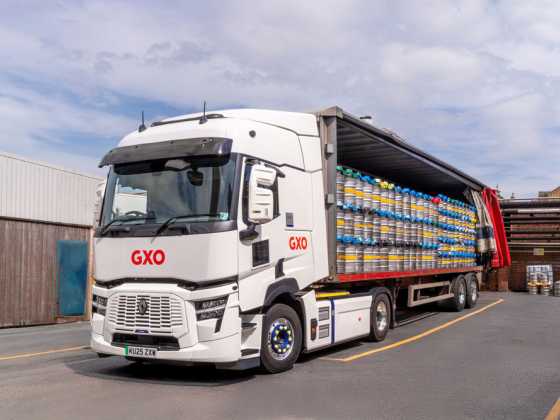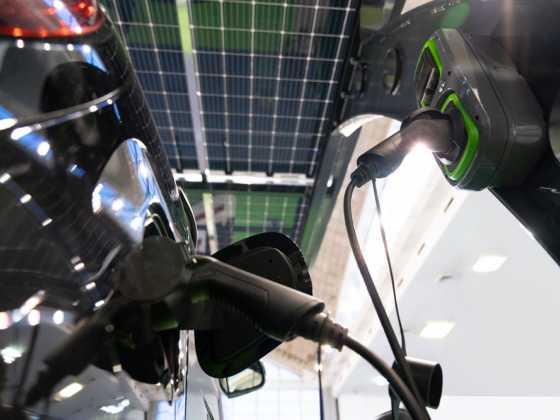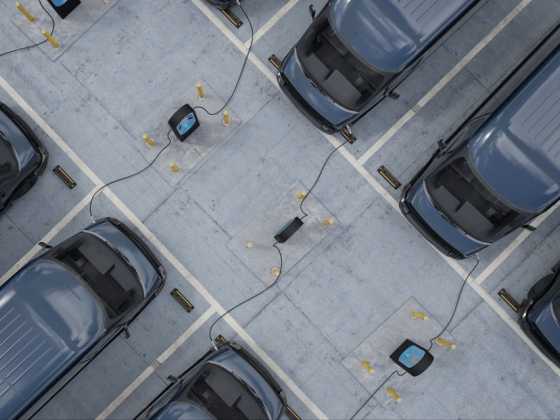A more sustainable future

Denise Beedell, Senior Policy Manager at Logistics UK, reflects on the green transport developments so far in 2023
A clear focus on reducing carbon emissions and pushing forward for a greener future is high on the agenda and a main concern for the logistics industry. Logistics UK is therefore pleased to see that decarbonisation is a priority so early on in 2023, demonstrated via various government announcements such as the Electric Vehicle Smart Charging Plan and the independent Skidmore net-zero review.
On 13th January 2023, ‘Mission Zero: Independent Review of Net Zero’ was published by MP Chris Skidmore, former Energy Minister but now chair of the review as appointed by the then BEIS Secretary of State. This report was published as a conclusion to the review, which was originally commissioned by former Prime Minister Liz Truss on 26th September 2022.
Logistics UK is delighted to see recognition of the opportunities and challenges for the logistics sector to decarbonise within the findings. The review recommends how the UK can achieve its net zero commitments by demonstrating how to deliver and implement most effectively and efficiently a plan for our future energy transition. In addition, it highlights how reaching net zero can be affordable following the war in the Ukraine, and the living crisis which saw households and business struggle to navigate through high energy prices and broader inflationary pressures. Encouragingly, the review also recommends that government provides clarity to businesses surrounding UK policy and funding and that this should not rapidly change without needing to.
In January, government announced its new plan for electric vehicle (EV) charging, called The Electric Vehicle Smart Charging Action Plan, which, in partnership with Ofgem, has the potential to save consumers up to £1,000 a year. Logistics UK is pleased to see government and Ofgem working together to remove barriers for innovative charging technology but is urging government to ensure the needs of commercial vans, as well as larger electric HGVs, are accommodated within new infrastructure planning and development. If UK logistics businesses are to achieve net zero, it is vital that the country’s smart charging infrastructure can provide the necessary accessibility and capacity that the UK’s fleet will require.
Disappointingly for the sector, Government announced its new Energy Bills Discount Scheme (EBDS) which reduces support for businesses against high energy prices and will restrict the investment some businesses can make into greener technologies. The current energy bill scheme, which caps the unit cost of gas and electricity for all businesses, provided much-needed certainty for our members, particularly SMEs who make up 99% of the logistics sector. However, the significantly lower discounts to be applied to eligible businesses within the new scheme from 1 April 2023 will be detrimental to further growth and investment for the future. Logistics UK is urging government to use its Spring Budget to deliver a package of support that ensures our members can keep operations moving and UK businesses trading, while taking steps to decarbonise their operations.
Overall, the focus that has already been placed on the journey to net zero is positive and builds on the progress made in 2022. However, it is vital that it remains a priority throughout 2023 and Government provides long-term certainty that allows businesses and individuals to make plans, confident in the knowledge that UK policy or funding will not rapidly change without very good reason. Logistics UK looks forward to working with government, members and senior stakeholders to ensure that collaboratively, we work towards a greener future.






